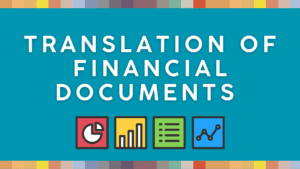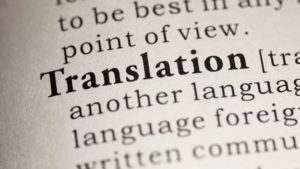


















Trustindex verifica que la fuente original de la reseña sea Google. Traducciones complejas, con rigor, y adaptadas a los tecnicismos del país del idioma. Muy recomendables.Trustindex verifica que la fuente original de la reseña sea Google. Sumamente profesionales. En nuestro despacho llevamos años trabajando con ellos y estamos muy contentos con sus servicios. Destacamos especialmente su rápidez y la calidad de sus trabajos. Nos alegramos de que hayan abierto una nueva oficina en Valencia, así los tendremos más cerca.Trustindex verifica que la fuente original de la reseña sea Google. Trabajar con Trayma ha sido una experiencia excelente. Es una profesional muy rigurosa, con gran capacidad para adaptarse al contexto específico del proyecto. La comunicación ha sido siempre ágil, clara y cercana, cumpliendo los plazos acordados con absoluta puntualidad. Sin duda, la recomendaría por su seriedad, precisión lingüística y enfoque orientado al cliente.Trustindex verifica que la fuente original de la reseña sea Google. Son súper amables, profesionales y rápidos y cobran precios muy razonables comparados con otros traductores por la zona. Muy recomendable.Trustindex verifica que la fuente original de la reseña sea Google. Se necesito drtraductorTrustindex verifica que la fuente original de la reseña sea Google. Очень довольна! Всё сделали быстро, качественно и профессионально. Рекомендую!Trustindex verifica que la fuente original de la reseña sea Google. Excelente servicio, rápido y muy profesional. Me enviaron la traducción jurada súper rápido y fueron muy amables en todo momento. Muy buena atención al cliente, ¡totalmente recomendable!
Opting for sworn translations specialising in commercial registers with Trayma offers a number of key benefits. Firstly, our highly trained sworn translators guarantee accurate and officially valid translations, accepted by authorities and official bodies in different countries. This ensures that your business documents are legally recognised and usable in international transactions and legal proceedings. In addition, we protect the confidentiality of your financial information through strict security policies and confidentiality agreements with our team. Our business and legal expertise allows us to adapt translations to the specific regulations of each country and use the appropriate terminology. By choosing Trayma, you are relying on quality sworn translations that strengthen your international presence and support the legal validity of your business records in any business context.




Sworn translation guarantees that the legal and technical content of court judgments is accurately rendered and officially recognised in the target language. This is essential for submitting judgments in international contexts and before legal authorities across different jurisdictions.
A sworn translation is performed by a translator officially recognised and certified by an authorised body, giving it full legal validity. In contrast, a standard or regular translation lacks this official certification and may not be accepted in legal or administrative contexts.
Delivery times may vary depending on the complexity and volume of the documents to be translated. At Trayma, we are committed to providing high-quality translations within a reasonable timeframe, and we can accommodate specific deadlines whenever required.
In order to obtain an accurate translation, it is important to provide the original court judgment, along with details about the country of destination and any specific formatting or certification requirements. The more information you provide, the more accurate the final translation will be.




| Legal Notice | Privacy Policy | Cookie Policy | Quality Policy | Accessibility Statement | Sitemap
Developed by La Fábrica del SEO
|
|
Gracias por registrarte |
